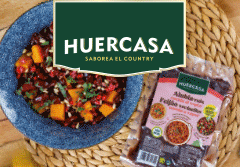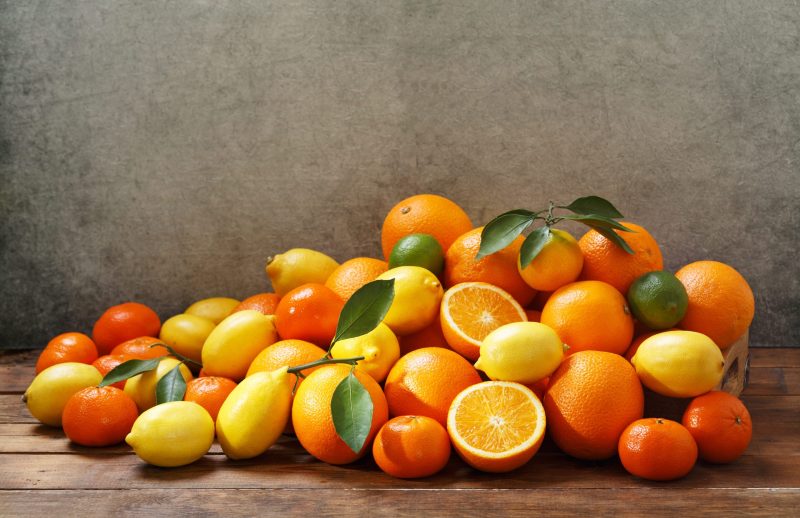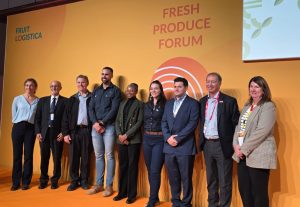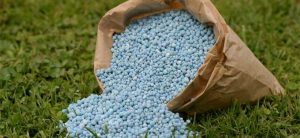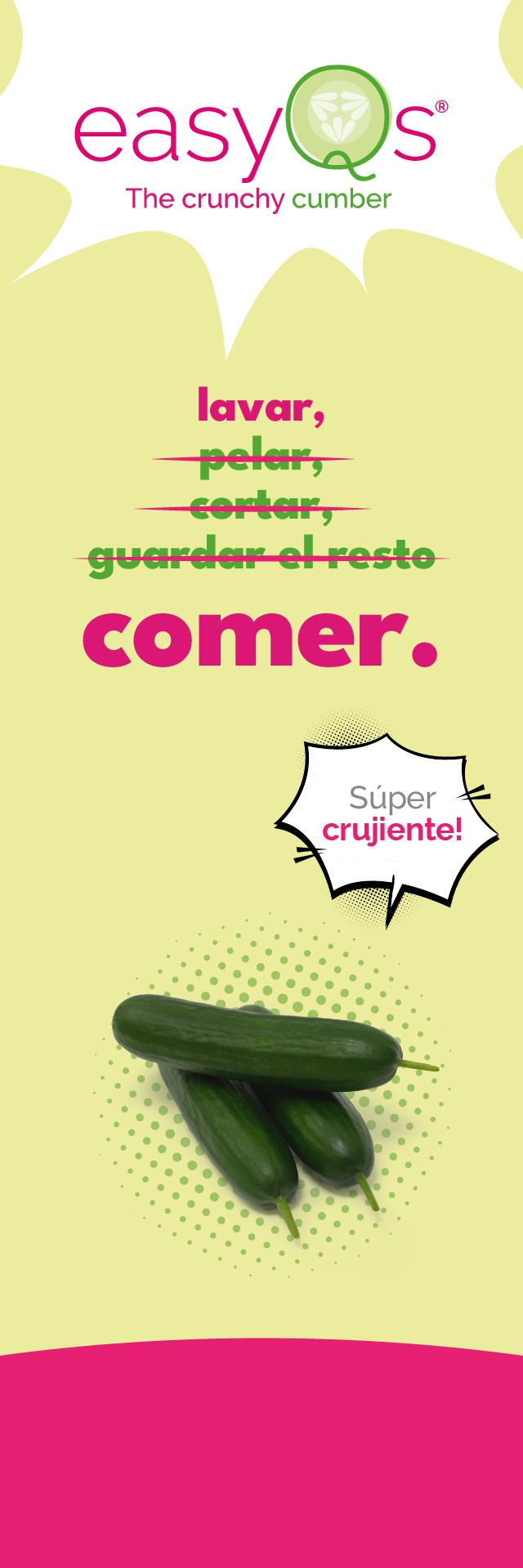This achievement not only reinforces DECCO’s commitment to innovation but also opens new opportunities to extend the shelf life of citrus fruits, reduce food loss, and promote more sustainable practices throughout the supply chain.
Azoxystrobin is a broad-spectrum fungicide belonging to the strobilurin family, recognized for its high efficacy in controlling pathogenic fungi affecting fruits and vegetables. It works by inhibiting mitochondrial respiration in fungi, disrupting their life cycle and preventing the development of diseases that compromise the quality and safety of agricultural products.
The European citrus industry faces significant challenges, including increasing demands from international markets, the control of post-harvest diseases, and pressure to adopt sustainable solutions. With the introduction of DECCO Zox for post-harvest use, DECCO provides an innovative and effective response to these needs.
“We are proud to lead solutions that not only protect products but also combat food waste and promote sustainability,” stated Julio Marin, Business Manager at DECCO Ibérica.
Benefits of DECCO Zox
- Effective Resistance Management: Its unique mode of action inhibits fungal respiration, slowing their development and significantly reducing resistance buildup.
- Broad-Spectrum Control: Effective against a wide variety of post-harvest pathogens, including those responsible for decay and spoilage, ensuring fresher fruits.
- Prolonged Protection: Provides long-lasting action to maintain citrus freshness and quality during storage and transportation, even for long-distance shipments.
- Compatibility with Mixtures: In combination with other fungicides, DECCO Zox optimizes disease control by offering synergy that enhances effectiveness while diversifying modes of action.
- Preservation of Fruit Quality: Helps maintain the appearance, quality, and commercial value of citrus, maximizing return on investment by reducing post-harvest disease losses, resulting in more fruit availability.







